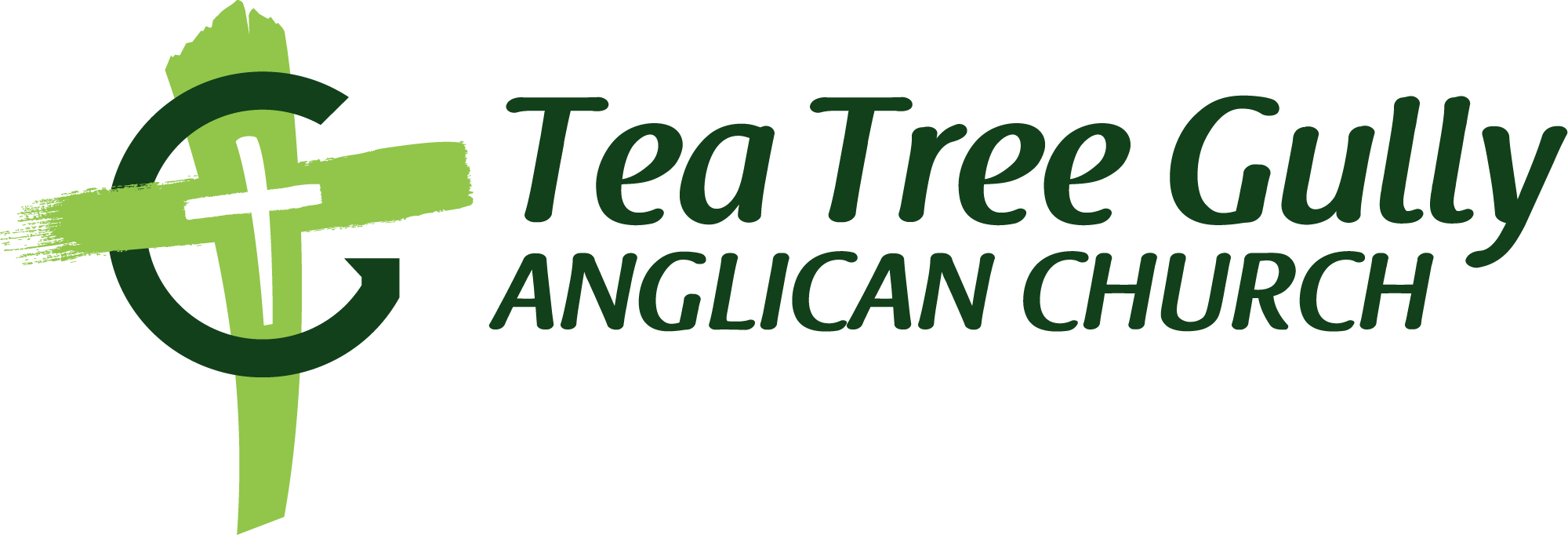Tools, Technology and Attention
In 1976, at the dawn of the computer age, the Canadian philosopher George Grant wrote an essay entitled: “The Computer Does Not Impose On Us The Ways It Should Be Used”. The title was a quotation of a claim made by someone seeking to calm anxieties about this unfamiliar new technology.
Yet Grant went on to argue that the claim he was discussing was in a deep sense profoundly mistaken. Perhaps in some trivial senses it is true that the computer does not impose the ways it should be used. But in all sorts of other, more important ways, Grant argued, it does precisely that. It commits the user, merely by their use, to buying into a way of thinking about knowledge and reason bound up with a wider political and economic agenda. This statement about computers, he suggested, “tends to hide the fact that their very capabilities entail that the ways they can be used are never neutral.”
Four decades after his essay, this thought of Grant’s is very much worth revisiting, partly because of the persistence of arguments about technology similar to those he was seeking to undermine. “The computer does not impose on us the ways it should be used.” Exactly the same kind of statement is often made nowadays in relation to new technologies, such as social media programs. “It’s just a tool.” “It’s how you use it,” we say to one another.
In some respects this is of course right. When we turn on the computer or open up Facebook, we have a degree of freedom to decide what we will do with these tools and what we will not. Yet we do well to ask, just as Grant did, what decisions have already been made simply by our decision to use these tools at all? What freedoms have we surrendered along with those we have gained?
In the case of social media programs, this is an especially important question. For these are tools that are not, in the first instance, our tools. Facebook, Twitter, Google—these are companies and the tools belong to them. And a real purpose of these tools is to make money, which they are doing very well. It seems such an obvious point; but it is alarmingly easily forgotten. When we use these programs, we are in fact allowing someone else to use a tool on us. However much we may benefit from the use of these tools, we are never the only ones who benefit.
When we widen our vision a little, we start to see other ways in which we, and others, may be imposed upon by our use of these tools. I am told there is a vast, hidden infrastructure behind the use of social media, some of which is pretty horrible. Apparently, the companies that own these programs pay many hundreds of people in countries such as the Philippines to censor the content we see in our “feed” (a word to take note of), so that we don’t see pornographic or violent images by accident. These workers spend every work day taking in thousands of ghastly and evil images and videos so that you and I can do whatever profoundly important thing it is we do with our tools.
Proverbs 11:1 teaches us that, “A false balance is an abomination to the Lord, but a just weight is his delight.” This verse is a reminder that tools are not always simply neutral. They may have an inbuilt orientation towards good or evil. “A just weight” is, more literally translated, a “sound stone”. The point is that the stone itself has a kind of inbuilt moral value; it itself—not merely the use to which it is put—is a delight to God.
The idea that tools are essentially neutral and that all that matters is how we use them is an idea of which we should be wary. We would do well to think carefully about what decisions have been made by default through our decision to take up forms of technology available to us. What freedom have we gained? Where has our freedom been curtailed? This is of course no blanket denunciation of all such tools. Were it that simple we would surely have seen it more quickly. However, we should not let this spare us the task of careful reflection.
In particular, as a concluding question, I wonder whether one of the areas we need to think especially about is how our use of technology impacts our ability to pay attention, our freedom to determine what we think about, and when, and to give others our undistracted personal presence. No doubt we will come to different judgements about where wisdom lies. But let us not, whatever the case, be fooled by the idea that we are not being, in any sense, imposed upon
Article written by Andrew Errington. Sourced from gospel coalition website
